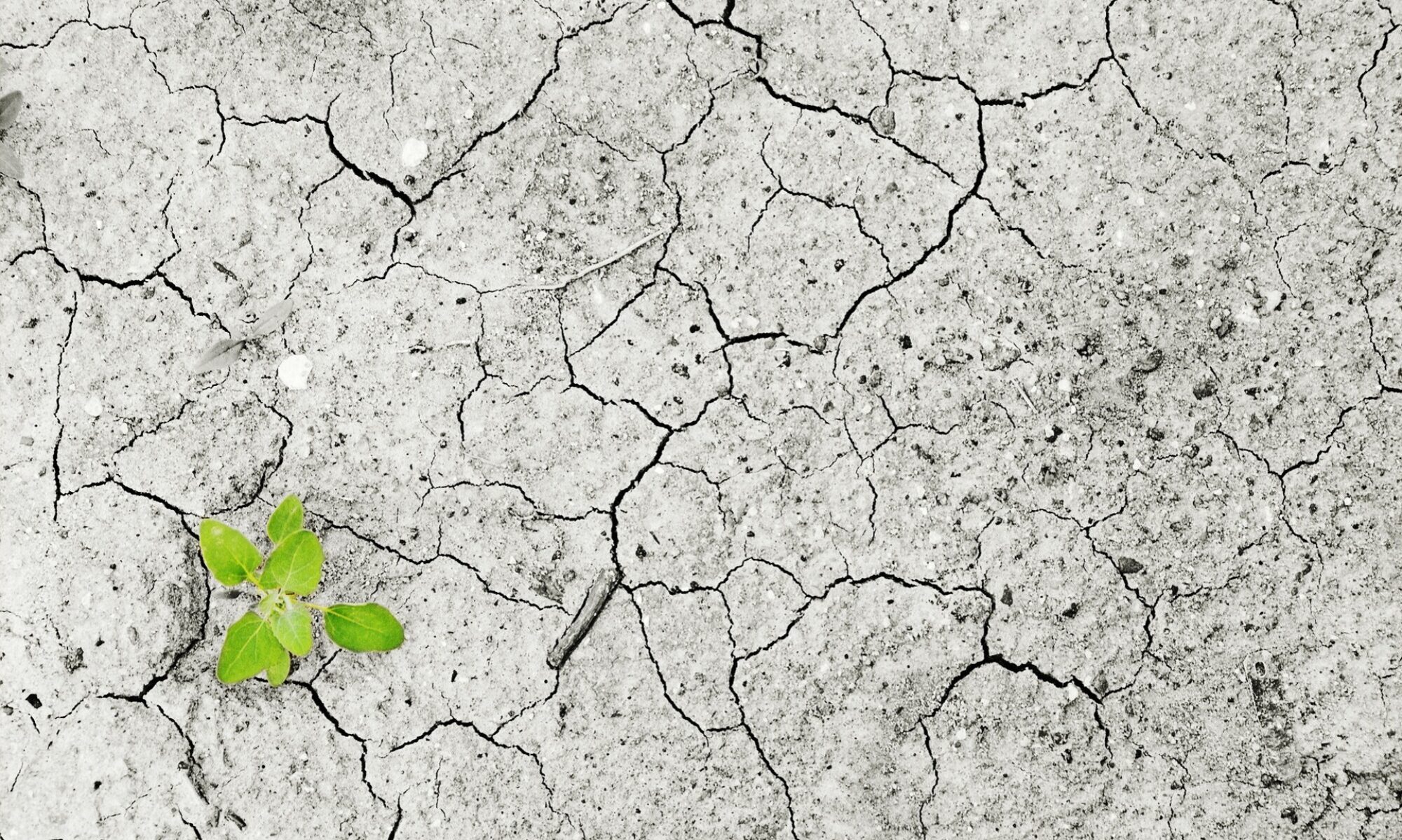March 2023 – by Virginia De Biaso
Virginia De Biasio ([email protected]) is a PhD candidate in Philosophy, Politics and Economics at University of York (UK). Her research interests include natural resources justice, territorial rights, environmental justice and climate-induced migration.

The islands of the Republic of Kiribati in the Pacific Ocean are one of the world’s most vulnerable nations to climate change. Sea-level rise, changes in temperature and in the frequency of precipitations, extreme weather events are affecting the territory of Kiribati and its natural resources. Lack of resources or changes in their availability have an impact on the living conditions of the population of Kiribati. Given the close link between the lifestyle of the I-Kiribati and their peculiar ecosystem, the well-being of the local population has been severely affected by climate-related changes in their surrounding environment.
The aim of this report is to assess how the population of Kiribati is affected by climate-related changes on their territory and its natural resources. The report examines the impacts of climate change on different indicators of individual well-being: survival and subsistence economy; health; work opportunities; traditional knowledge and culture.
There is evidence that climate change and its effects on the fragile ecosystem of Kiribati lead to a deterioration in the living conditions and in the well- being of the local population. Different strategies have been considered and implemented by the Kiribati Government to address this situation: adaptation within the territory of Kiribati, which may include internal displacement; and cross-border migration and relocation. This report concludes by examining the different challenges of climate-induced migration, both internal and cross-border, on the well-being of the I-Kiribati.
Supervised by Lauren Grant, Director of Field Research at Earth Refuge.


